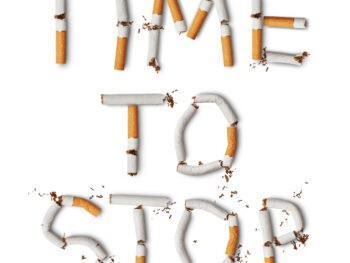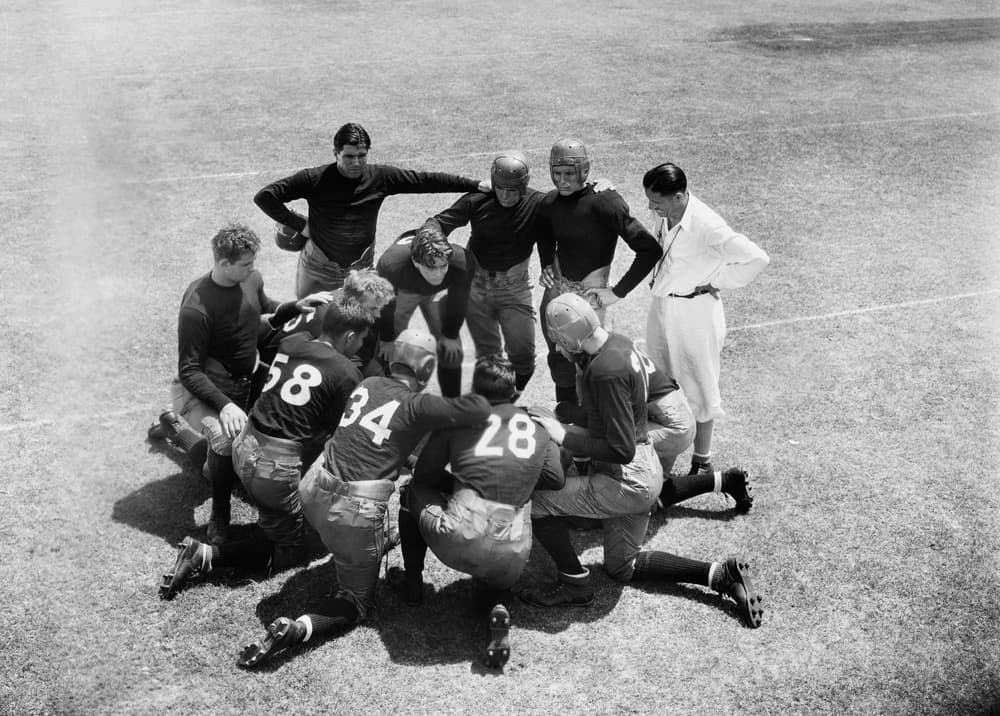Occupational Disease is an on-going and continuous medical condition that results from a person’s exposure to specific physical activity or toxic substances in the workplace. A few occupational diseases, like mesothelioma are unquestionably related to an employee’s work environment. However, many diseases that are called occupational diseases (for example many types of cancer), occur in people who have never worked in an environment where they would be exposed to a toxic substance.
Click Link to Access Free PDF Download
“How Do I Get My Adjusters To Follow My Account Handling Instructions?”
It can be exasperating to an employer when an employee develops a medical condition that is related to the employee’s life style, but the employee makes an occupational disease claim, instead of filing for benefits under his/her health insurance. Consider the employee, who works in a chemical plant’s shipping department. The employee has been diagnosed with lung cancer. Is the lung cancer due to the employee breathing minor level of fumes from the chemicals or is the lung cancer due to the employee’s 40 year habit of smoking a pack of cigarettes per day? [WCx]
Plaintiff lawyers will argue the employer takes employees as the employer finds them, meaning any preexisting conditions the employee has that are aggravated by the workplace are compensable injuries. If the adjuster buys into this argument, the resulting impact on the employer’s workers compensation premiums will be significant, as occupational disease claims are either very expensive, or catastrophic. This argument is meant to move the adjuster away from looking carefully at the medical diagnosis. The symptoms of the occupational disease are used as the diagnosis. The error here is not determining the exact cause of the symptoms and considering other medical conditions that could cause the same or similar symptoms.
The cause of the occupational disease is often referred to as fumes, dust or smoke in the employee’s workplace. This “cause” should be denied with the employee’s medical provider being required to state the name of the toxic substance, for example: barium sulfate dust. Once the specific substance alleged to cause the occupational disease is identified, do the employee’s objective medical symptoms match the known medical symptoms caused by the toxic substance? If all of the employee’s medical symptoms are subjective, for example: headaches or difficulty concentrating, the claim should be vigorously defended as there is no proof the alleged medical condition is related to the workplace. If the specific substance causes objective medical symptoms, the employee must have some of the objective medical symptoms, or the claim should be denied.
If the employee or the employee’s attorney pursues an occupational disease claim where there is any question as to the validity of the claim, it is paramount that the insurer employ a defense attorney who is knowledgeable not only in workers compensation law, but has an in-depth understanding of the occupational disease claimed.
The defense attorney should be familiar with the industrial hygiene requirements of the employer’s industry (See our By Industry WC Guide to learn more) and design a defense that shows the employer anticipated, recognized, evaluated, prevented and controlled the level of exposure the employee would have incurred. [The Occupational Safety and Health Administration (OSHA) has fact sheets on hundreds of substances, and the safe level of exposure for each substance, available for employers or anyone interested, including defense attorneys.] By combining the industrial hygiene commitment of the employer with the standard of causation and the burden of proof required in the jurisdiction, the defense attorney can craft a strong defense to any occupational disease claim that does not have objective medical symptoms to a specific substance. The defense attorney will also be able to design a strong defense when the industrial hygiene commitment of the employer can be documented as having always kept the exposure level of the specific substance below the safe limits set by OSHA.
A medical authorization from the employee should be obtained. This will allow the defense attorney to gather all pertinent medical records about the employee’s prior medical history. The employee’s prior medical history should be closely scrutinized to see if any of the employee’s medical symptoms, objective or subjective, were present prior to the occupational disease claim.
A medical examination by an Independent Medical Evaluator (IME) should be arranged. The IME should be an expert in the specific occupational disease alleged. The employer’s industrial hygiene data along with all medical records, both pre-occupational disease claim and post occupational disease claim should be provided to the IME.
If the IME’s evaluation of the employee and the medical information shows the claim is compensable, the defense attorney should look for other sources to cover part of the cost of the claim. This could be through the state’s second injury fund, subrogation against the manufacturer/provider of the toxic substance or the employee’s prior employers. Also, some states will allow apportionment of the claim between pre-existing medical conditions and the occupational disease claim. (Learn more about State WC Case Law and Regulations. in our legal library) [WCx]
If an acceptable negotiated settlement cannot be reached with the employee/employee’s attorney, the defense attorney should be prepared and capable of trying the case before the industrial commission, or even the courts if the industrial commission’s opinion is excessive.
Author Rebecca Shafer, JD, President of Amaxx Risk Solutions, Inc. is a national expert in the field of workers compensation. She is a writer, speaker, and publisher. Her expertise is working with employers to reduce workers compensation costs, and her clients include airlines, healthcare, printing/publishing, pharmaceuticals, retail, hospitality, and manufacturing. She is the author of the #1 selling book on cost containment, Workers Compensation Management Program: Reduce Costs 20% to 50%. Contact: RShafer@ReduceYourWorkersComp.com.
WORKERS COMP MANAGEMENT MANUAL: www.WCManual.com
MODIFIED DUTY CALCULATOR: www.LowerWC.com/transitional-duty-cost-calculator.php
Do not use this information without independent verification. All state laws vary. You should consult with your insurance broker or agent about workers comp issues.
©2012 Amaxx Risk Solutions, Inc. All rights reserved under International Copyright Law. If you would like permission to reprint this material, contact us at: Info@ReduceYourWorkersComp.com.
rxbuywithoutprescriptiononline.org/bupropion.html
rxbuywithoutprescriptiononline.net/sildenafil.html
onlinebuynoprescriptionrx.com/levothroid.html















